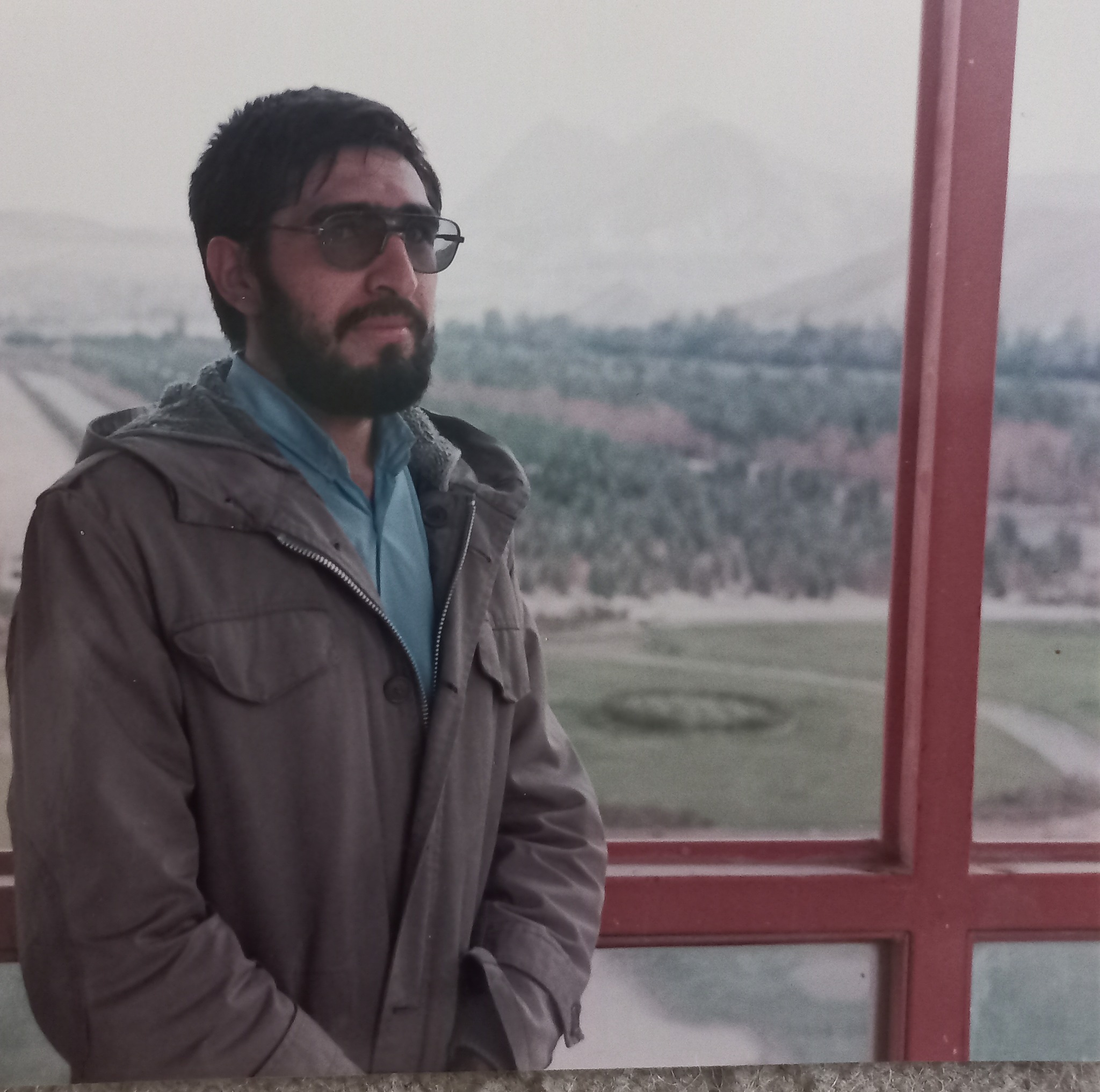 BY: Dr. Abdullah Shafaei, Legal Analyst
BY: Dr. Abdullah Shafaei, Legal Analyst
Translated by: Mohammad Rezaie
Over tow years, 7 people have been killed and several people have been injured in Jue Naw. Four people have been killed just in a month, two of them were killed by bullets and a father was along with his son were slaughtered on the Jue Naw to Sia Baghal route, in a Pashtun inhabited area. In some cases the harvests, vehicles and houses of the people have been set on fire and their fruit trees have been cut off. Of course, it is not the whole story, but why such crimes are not stopped? What are the motives behind such incidents? Why the perpetrators are not arrested? People are the victims of such violence but what they can do? Such questions and many more need to be answered. The File of killing Urozgan Hazaras is opened in a time we are at the verge of 100th year of Urozgan Hazaras genocide.
Though the depth of catastrophe is far more than to be explained, we have tried to answer some of the questions by analyzing the situation and at least provide a narration close to reality of the history and the people who are now scattered around the world.
The Urozgan public uprising was defeated in September 1892 and Hazaras were massacred with aim to eradicate them and occupy their lands by Pashtuns. However, the amount of brutality and crimes of Abdul Rahman is not comparable with the current killings. Abdul Rahman’s crimes are perhaps unique or few in history in terms of extent, continuity, and the level of intensity of cruelty, and depth of tragedy. Abdul Rahman fought many wars but he behaved in none of them as he encountered with Hazaras’ uprising. He only did not suppress Hazaras, he destroyed them. He did not do so because of anger but because of hatred. He was not the only bearer of this hatred, but he institutionalized hatred of Hazaras among the Pashtuns. Abdul Rahman theorized Hazaras hatred based on religious and racial differences in the society of Afghanistan using the mosques and changed it to a social tradition and culture. Based in this hatred, Hazaras were classified as unbelievers and they were dehumanized. As a result, they suffer from discrimination and oppression and classified as second-degree citizens of Afghanistan.
Sideling Hazaras from the public sphere and power could be analyzed and justified based on this theory. Based on this theory chief judge of Taliban in his book, the Islamic Emirate and its systems, says “Presence of minority groups is shameful in Afghanistan and no one expect followers of Hanafi Muslims should serve in the judicial system.
Hatred is the outcome of inferiority, jealousy, prejudgment and anger. Hatred on the spirit and soul of a person or a society is precipitated and infiltrated over time and includes the spirit and soul of the hater and turns into a mental complex. This complex becomes very dangerous when it is accompanied by unhealthy education, domestic violence, poverty and unhealthy social and cultural relations. A this stage, the hater looks for a victim to vent their hatred and revenge.
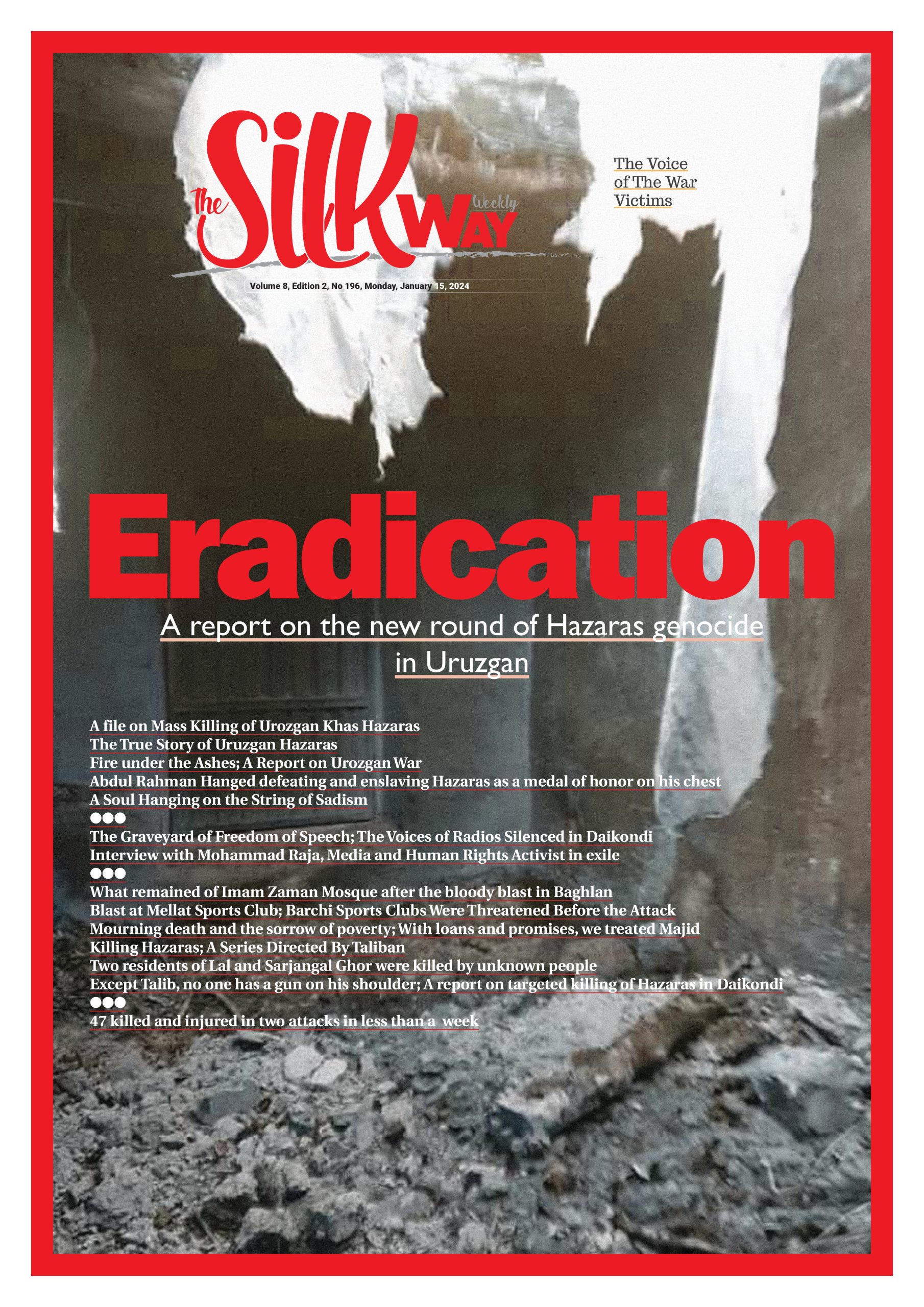 This sociological theory explains why professional murderers and criminal gangs behave this way. While these people are psychologically sick and victim, why do governments support them and the society is silent and even they maybe encouraged? The reason is that the policies of such governments are based on hatred, discrimination and violence. They only can realize their goals in such situation in order to maintain their dominance and expand their territory and sustain their government. This is what Abdul Rahman did and now Taliban are doing.
This sociological theory explains why professional murderers and criminal gangs behave this way. While these people are psychologically sick and victim, why do governments support them and the society is silent and even they maybe encouraged? The reason is that the policies of such governments are based on hatred, discrimination and violence. They only can realize their goals in such situation in order to maintain their dominance and expand their territory and sustain their government. This is what Abdul Rahman did and now Taliban are doing.
Why do Hazaras are the victim of such blind hatred? We should look for the answer in history, culture, aspirations and psychological characteristics of Hazaras. According to the history Hazaras have never attacked other ethnic groups to expand their territory and whenever they have been attacked, they have defended themselves bravely. Hazaras were displaced from Kandahar and Tirin because they had not accompanied Nader Shah in attacking on India. Hazaras are usually simple, honest, and hardworking, resilient and love education. They have been able rise again after any storms and catastrophes, and all their properties, and could have used the least opportunities to improve their individual and social status. The pains and sorrows inflicted on Hazaras have been catastrophic, but they have overcome them and have disappointed the agents of such atrocities. The more Hazaras have experienced pain, the more they have been hopeful. Such behavior has caused jealousy of Hazaras’ enemies and they feel being belittled by Hazaras. According to a saying, A peacock’s enemy is its feathers. As a result, they can’t tolerate Hazaras live peacefully and honorably.
It is the duty of everyone to use the available facilities to prevent killing and harassment of the innocent people. The duties of those Hazaras living abroad are heavier than others. They should advocate at the international organizations, disgracing the perpetrators of the crimes in public opinion, and sharing them with mass media, empathizing and helping the victims are a number of activities we can do in the current situation. Such activities would be effective to some extent and would increase the price of crime for the perpetrators and their supporters.
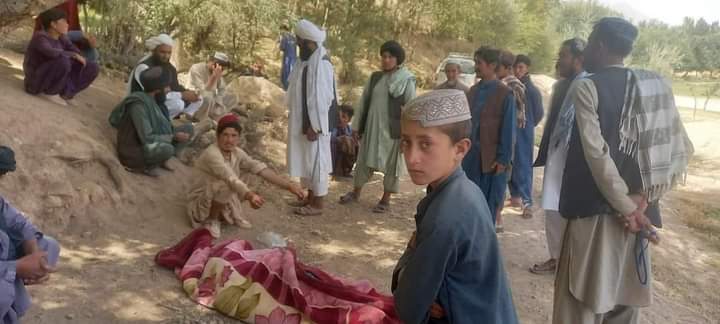 Systematic and serial killing of Hazaras to forcibly displace them, should raise the alarm bell for other ethnic groups of Afghanistan. They should not be silent against such catastrophes and should stop the blind violence through any means they can. The least thing a free man may do is condemning such crimes committed from Abdul Rahman era to the Emirate era. There is no justifications for Pashtun political, intellectual and artists. Until the public conscience is not incited and takes a stance against the crimes, the complexes of hatred and fire of bias not only will burn Hazaras but they will burn other ethnic groups too.
Systematic and serial killing of Hazaras to forcibly displace them, should raise the alarm bell for other ethnic groups of Afghanistan. They should not be silent against such catastrophes and should stop the blind violence through any means they can. The least thing a free man may do is condemning such crimes committed from Abdul Rahman era to the Emirate era. There is no justifications for Pashtun political, intellectual and artists. Until the public conscience is not incited and takes a stance against the crimes, the complexes of hatred and fire of bias not only will burn Hazaras but they will burn other ethnic groups too.
Though Hazaras relatively enjoy good cultural capacity and language to express their pains and advocate for them, they lack proper solidarity, planning and policy making efforts and as a result, they have not produced sufficient results. Hazars elite are confused and are indifferent towards the current killing of Hazaras. To change the current situation, Hazaras need to boost their internal solidarity and forge a grand strategy to encounter Taliban and stop a genocide which threatens Hazaras. This policy shall also encompass interaction with international community, human rights organizations and the International Criminal Court.


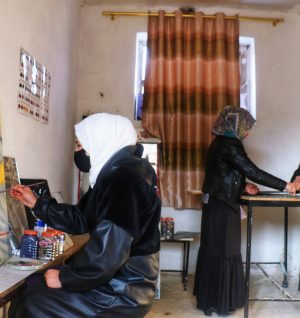
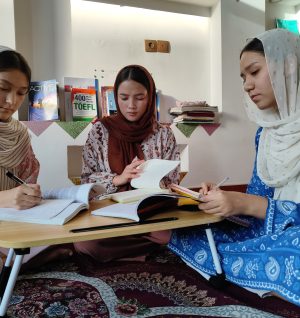
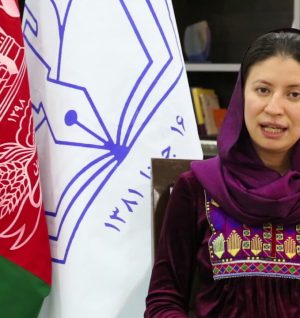
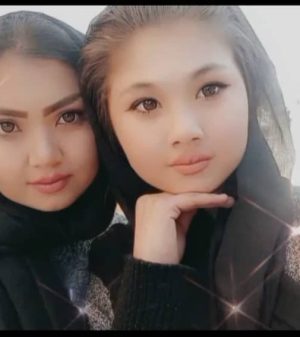
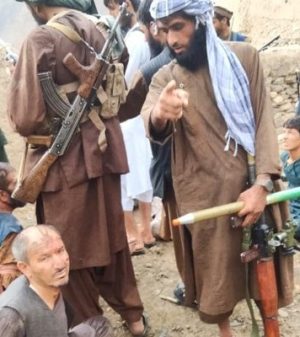
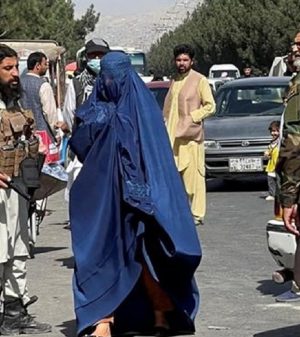
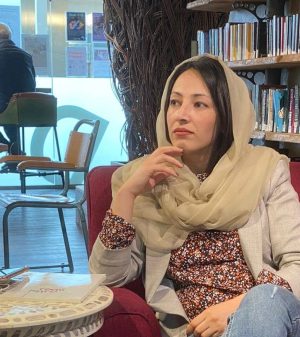
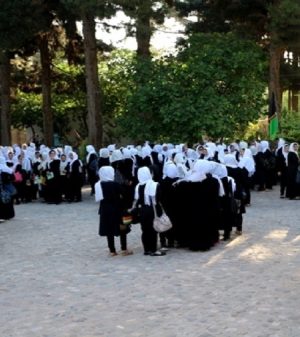
Add Comment